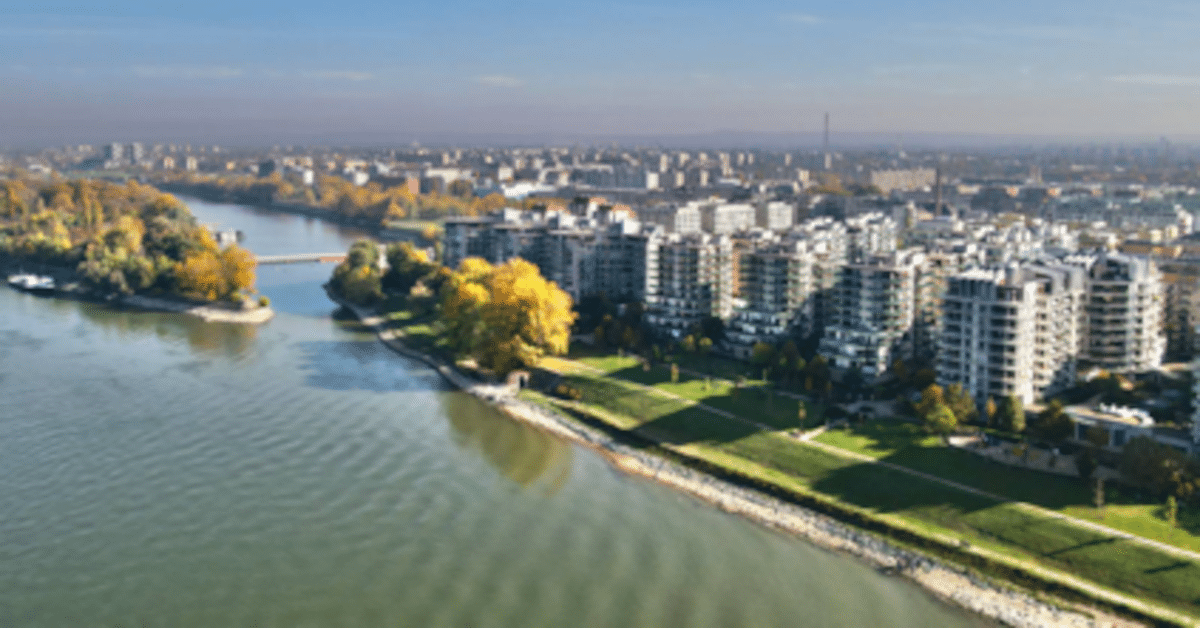A reduced, 5% VAT rate on new housing constructions in Hungary favours new construction to retrofits of old buildings, meaning higher environmental and climate impact, and boosts urban sprawl, instead of developing the existing urban environment.
– Reduced VAT rate on new residential constructions since 2012.
– New construction has much bigger environmental and climate impacts (emissions, land use, etc.) than renovations, and huge opportunity costs, e.g., setting back the energy-efficiency retrofits.
– Massive new constructions boost urban sprawl (lack of public transport connections of newly constructed areas) and gentrification: this issue should be addressed in the revised NECP.
Tax benefits (5% reduced VAT rate instead of the standard 27%) were introduced in Hungary in 2012 for newly constructed apartments. The measure has been prolonged continuously every 2 years, and it is currently valid at least until the end of 2024. The measure largely encouraged new construction, while discouraged the purchase and retrofit of old buildings, meaning significantly higher environmental and climate impacts.
Also, instead of the development of the existing urban environment, new constructions accelerated urban sprawl, also leading to increasing transport emissions due to more frequent single car use especially thanks to the lack of public transport developments in the newly built areas. The new constructions carry significant opportunity costs for urban areas of old, less energy efficient buildings, where development is needed, which can lead to gentrification and other negative social impacts.

